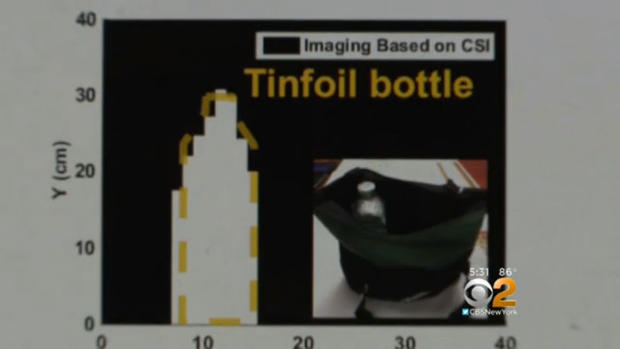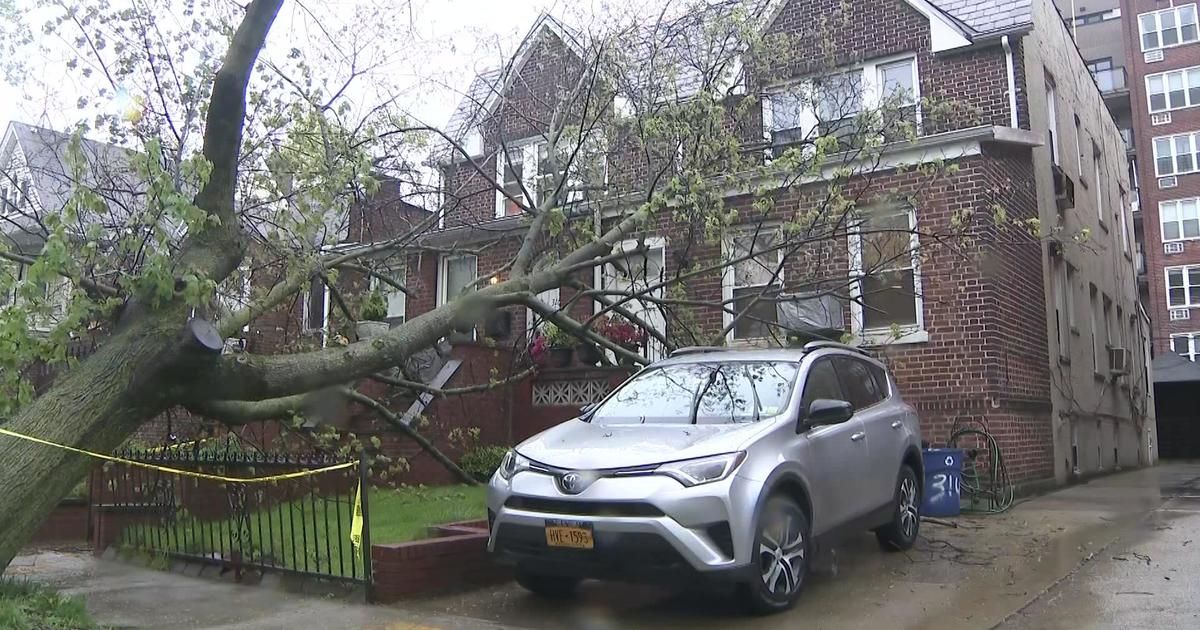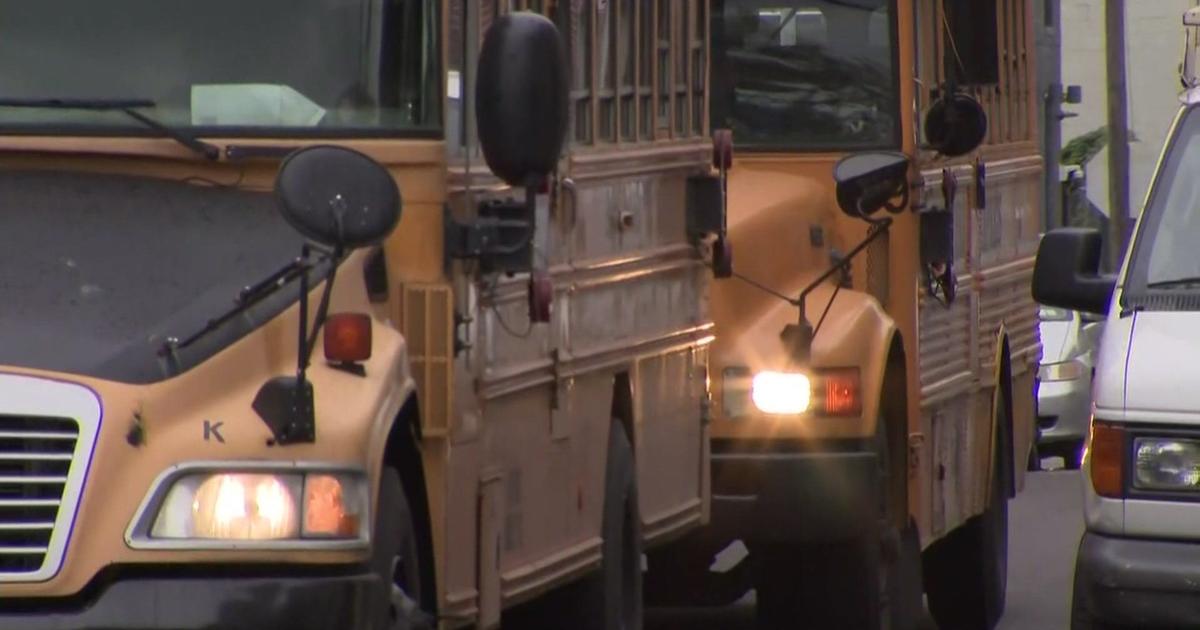Researchers: Wi-Fi Can Be Used To Detect Bombs
PISCATAWAY, N.J. (CBSNewYork) -- Detecting danger may be easier -- and cheaper -- than we think.
New research from Rutgers University finds that common Wi-Fi can pick up dangerous objects, including bombs and explosive chemicals, CBS2's Andrea Grymes reported Thursday.
It has become a routine way of life in many public places -- going through bag screenings at football stadiums, metal detectors at concerts and even security wands at marathons.
But what if safety checks like these could be a whole lot simpler?
Professor Yingying Chen at Rutgers University calls their new prototype detection system a "game changer."
"We feel really excited and we realized this could be very useful," Chen said.
It takes existing Wi-Fi and instead of using it for the internet it uses it to detect dangerous items, like in bookbags. Chen said Wi-Fi signals can actually penetrate and bounce off of different objects, figuring out sizes and shapes.
"It can help us to determine whether this is some dangerous weapons, or some dangerous materials, or it's even a possible homemade bombs," Chen said.
MORE: Fast Bomb-Detecting Body Scanner Up For Testing At WTC PATH Station
Wi-Fi would detect weapons and bombs, with no individual screenings necessary. Chen said all it takes is a couple of antennas and a laptop.
People can simply walk past the receptors and transmitters and, if something suspicious is detected, an alert pops up on the computer.
The technology can also be attached to a motorized car to weave through crowds. The system is still in the research phase, detailed in a new peer-reviewed Rutgers-led study, but it has vast implications for the future, especially considering the price.
"We think the cost should be below $100," Chen said.
Professor Chen said they plan to do more testing and work to improve accuracy. She said she hopes the technology will be used out in the real world within the next two years.
Chen said it doesn't matter how strong the Wi-Fi signal is -- just that's it's there. She also hopes the technology will help enhance the more rigorous screening systems in place at airports.




